The German Emperor Kaiser Wilhelm II plays an important part in the story as the last alleged owner of the Aristotelian Sierra Nevada. Sonja’s search takes her to Huis Doorn, the Kaiser’s residence-in-exile in the Netherlands, where she learns of his connection to St Odilia and his obsession with Alsace; including his expansionist plans to unite the Alsatian and Germanic people. Once again the French-German Rhine Valley features as a conduit for armies, traders, pilgrims, printers, mapmakers and, too, those with new ideas—such as Johannes Gutenberg, Sebastian Münster and Basil Valentine.
7. Belgium
In his youth, Almeida visited Bruges and witnessed the procession of the Holy Blood relic, led by the knights of the Order of the Golden Fleece. The reader learns that the city of Bruges was a centre of economic and artistic freedoms, and the birthplace of the free personality—an important step in the development of modern Europe.
![]() Go to Italy and Russia or back to Synopsis?
Go to Italy and Russia or back to Synopsis?

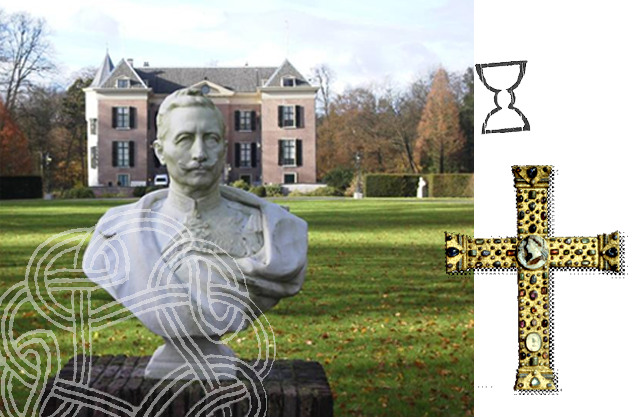
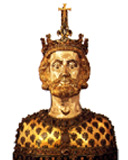
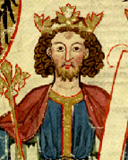

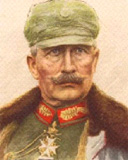
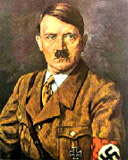
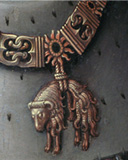
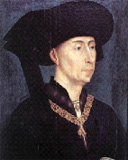
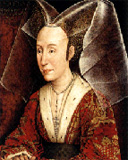


According to this article, Queen Wilhelmina knew the German Kaiser planned to ask her for asylum in the Netherlands: https://nos.nl/artikel/2258552-koningin-wilhelmina-wist-dat-duitse-keizer-naar-nederland-zou-komen.html